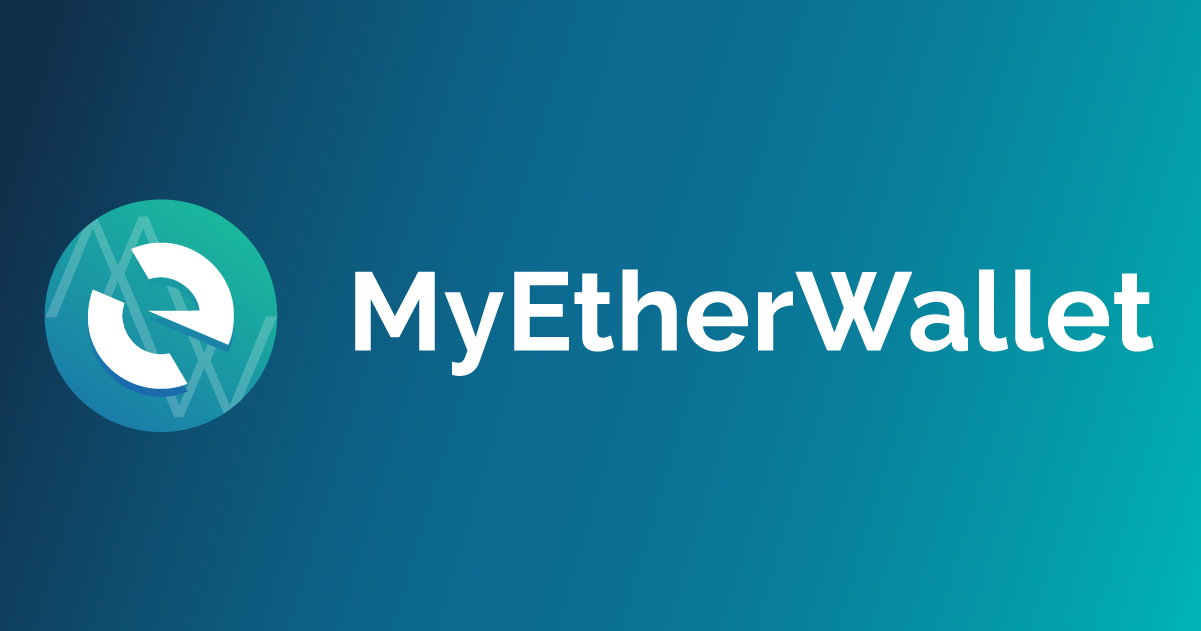There are quite a few different Ethereum wallet solutions available. Most people have taken a liking to MyEtherWallet, as it provides a convenient solution. More importantly, MyEtherWallet also comes with hardware wallet support, which allows for the creation of safe storage solutions. Despite the convenience, MyEtherWallet is far from perfect.
MyEtherWallet Mixes Convenience and Frustration
On the surface, the MyEtherwallet platform looks professional and offers all types of services one would expect. It also supports ERC20 tokens, which makes it a great solution for people looking to participate in cryptocurrency ICOs. Setting up a wallet is very easy, and MyEtherWallet is a powerful solution for both novice and experienced cryptocurrency users alike.
One thing that piqued our interest is how MEW supports both Ledger and TREZOR hardware wallets as an additional security measure. This means users can use a hardware wallet and still send and receive ERC20 tokens through the MEW platform. It is a great feature, as very few other wallets seem to offer native hardware wallet support. In 2017, one would expect the many wallet services to have hardware support from day one. Alas, that is not the case, which is a bit of shame.
There are other aspects about MyEtherWallet which virtually everyone will like. It is possible to download a Javascript version of the wallet and run it on your computer. There is also the MyEtherWallet CX Chrome browser plugin, which offers a lot of functionality. Unfortunately, the Chrome plugin does not support hardware wallets, for some obscure reason. It is unclear if this will ever change, but for now, it is a missing feature.
Using the MyEtherWallet service is easy and convenient. Users can set their own Gas and Gwei limits, which makes for a professional wallet experience. It is also possible to see ERC20 token balances in MEW, although some tokens may need to be added manually. This process is also quite straightforward, once you get the correct information to do so. All things considered, there is a lot to like about MyEtherWallet, although there are some drawbacks as well.
One of the glaring issues is how this service can be crippled quite easily. More specifically, if the Ethereum network is congested, users will have a hard time sending MEW transactions. That is only to be expected, but this particular wallet service fails to broadcast transfers to the Ethereum blockchain when congestion occurs. If the transfers remained unconfirmed for hours, no one would really complain. Not being able to have a transaction broadcasted to the network – regardless of which node is being used by MEW – is quite problematic.
So far, that is the only major issue we have discovered while using MyEtherWallet for quite some time now. Unfortunately, it is one of those issues which can effectively cripple an otherwise excellent wallet service. If the team can solve these issues, and potentially run even more wallet nodes for ETH moving forward, things will certainly improve. MEW is a very good wallet when it works, but when it doesn’t, there is no real point in sticking with it.
If you liked this article, follow us on Twitter @themerklenews and make sure to subscribe to our newsletter to receive the latest bitcoin, cryptocurrency, and technology news.

